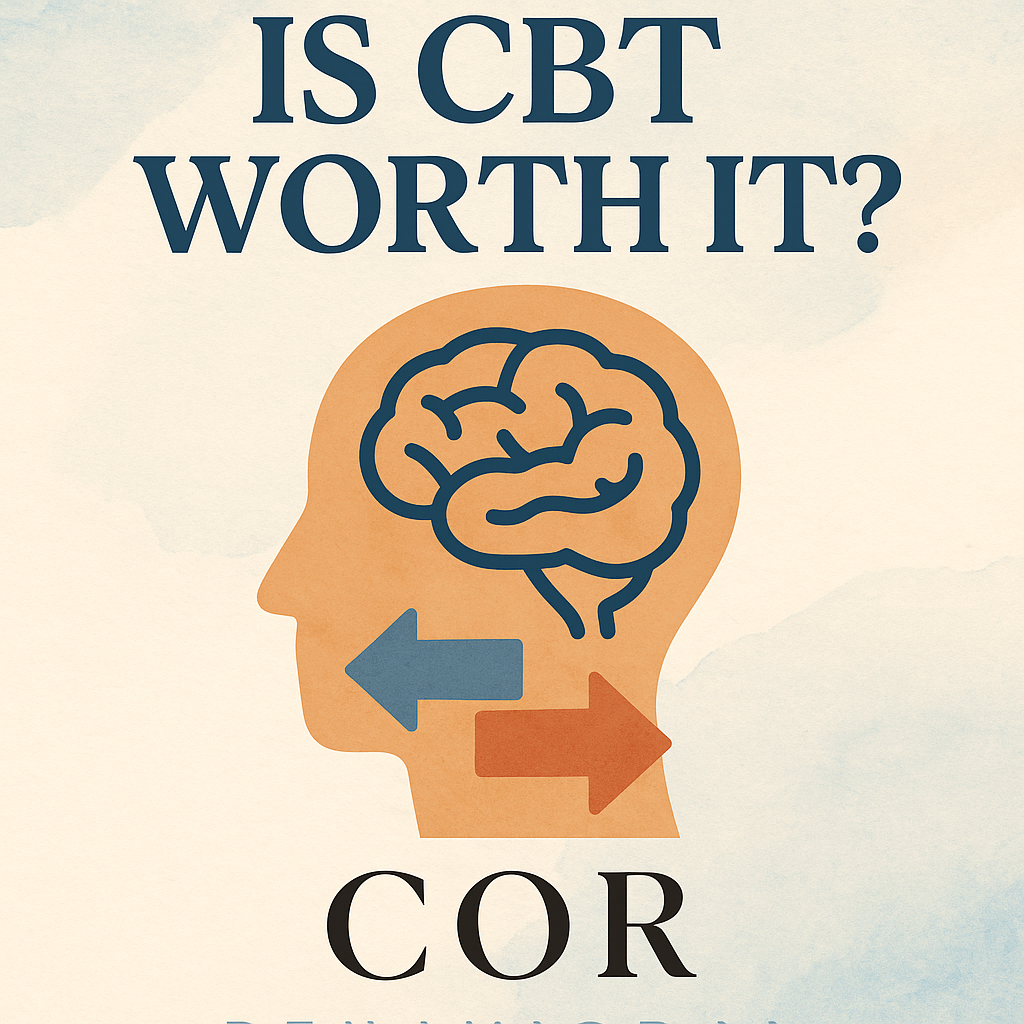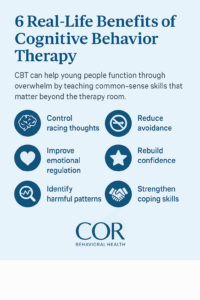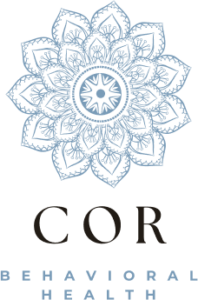
When You’re Desperate for Something That Actually Works
If you’re reading this, you’ve probably been through it already. The late-night worry. The phone calls. The not knowing if today will be better—or worse.
When a young adult is in behavioral crisis, every decision feels heavy. So when someone recommends cognitive behavior therapy, or CBT, it’s fair to wonder: Is this really going to help?
At COR Behavioral Health in Hobe Sound, we’ve seen what CBT can do—and we also understand why parents are skeptical. Let’s talk about both.
What CBT Actually Is (and What It Isn’t)
Cognitive behavior therapy is not just “talking about your feelings.” It’s a practical, structured form of therapy that helps people recognize how their thoughts impact their behaviors.
CBT teaches skills—not just insight. It helps young people learn to pause, name what’s going on in their mind, and shift the patterns that are feeding their pain.
What Mental Health Conditions Can CBT Help With?
CBT has proven effective for a wide range of mental health issues that many families are navigating today. At COR Behavioral Health, we use CBT to treat:
- Depression
- Anxiety disorders (including panic and phobias)
- PTSD and trauma responses
- Obsessive-compulsive disorder (OCD)
- Eating disorders
- Bipolar disorder
- Behavioral issues and emotional dysregulation
It’s also a common part of care plans for individuals managing self-harm urges or recovering from suicidal ideation. In short, if your child is in distress, CBT likely has tools that can help.
The Hard Truth: CBT Takes Work
CBT isn’t magic. It doesn’t offer instant relief or overnight transformation. Your child may resist. They may try it and feel worse before they feel better.
But it gives them tools. Real, repeatable tools. Like how to challenge a panic spiral or interrupt a self-critical thought. These skills take practice—but they stick.

Real Benefits That Matter in Everyday Life
The benefits of CBT aren’t just clinical—they’re personal. With time and effort, CBT can help young people:
- Gain control over racing thoughts
- Reduce avoidance and withdrawal behaviors
- Improve emotional regulation
- Rebuild confidence and decision-making
- Identify patterns that fuel anxiety or self-harm
- Strengthen coping skills for stress and setbacks
These aren’t just therapy goals—they’re daily lifelines for someone trying to function while feeling overwhelmed.
Why It’s Still One of the Most Researched and Recommended Therapies
There’s a reason CBT is used in schools, hospitals, and therapy offices around the world. Study after study shows it helps reduce symptoms of depression, anxiety, PTSD, OCD, and more.
That doesn’t mean it works for everyone, or in every setting—but it’s one of the few therapies that has both clinical backing and practical day-to-day application.
What Success Looks Like (It’s Not Always What You Think)
Sometimes progress means fewer meltdowns or a shorter recovery time after an episode. Sometimes it’s your child finally noticing, “That thought isn’t true,” without spiraling.
It’s quiet at first. Subtle. But those small shifts add up to real change.
You’re Not the Only One Who’s Questioned This
“I didn’t think it would help. But now I know how to get out of my own head.”
– Former CBT client, 2023
We’ve worked with families who were ready to give up. CBT wasn’t a miracle, but it was a turning point—a way back to stability, routine, and hope.
When CBT Is Most Effective
CBT works best when it’s part of a larger care plan. At COR, it’s often used alongside group therapy, psychiatric support, and family sessions.
If your young adult is in crisis, we can help evaluate whether CBT is the right place to start—or if they need a higher level of care first.
Hope Doesn’t Always Look Loud
Sometimes it looks like a notebook with CBT exercises scribbled inside. Sometimes it’s a single sentence that helps them get through the day.
CBT won’t fix everything. But for many, it’s the beginning of something that works.
📞 Call (888) 231-7973 or visit our cognitive behavior therapy services in Hobe Sound, Florida to learn more. We’ll meet you where you are, and help you figure out what’s next—without judgment, and without giving up.



